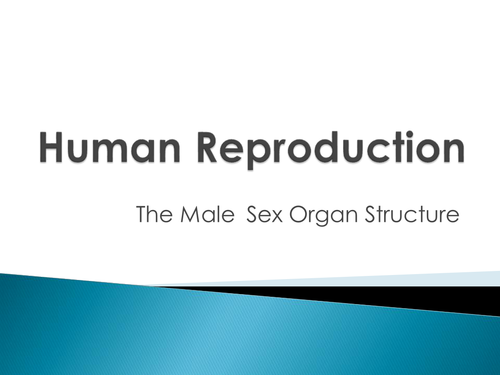



















This is a resource package, which consists of an 18 page interactive student booklet for the BTEC Health and Social Care Level 3 Unit 3 Anatomy and Physiology B11 Reproductive System and dysfunctions, which you can use as it is or make additions and alter. There are nine engaging PowerPoints and additional work sheet tasks and activities and you can add to or alter these to suit your teaching style.
PowerPoints are well designed and have embedded videos in them, with booklet pages for students to make notes and example of possible exam questions that may be asked. To finish of this area of content, there is a 100 mark exam paper with mark scheme which
B11 Structure, function and disorders of the reproductive system, content…
Female reproductive structures and functions:
ovaries – production of eggs o fallopian tubes – carrying eggs to uterus and site of fertilisation
uterus – site of development of embryo and foetus
cervix – neck of the womb canal for sperm entry o vagina – muscular, lubricated canal providing point of entry for penis and exit of baby during childbirth
vulva – external opening of vagina o disorders – endometriosis, polycystic ovary syndrome.
Male reproductive structures and functions:
penis – introduction of semen with sperm into female
urethra – carriage of semen along penis
scrotum – holds testes outside body to keep them cooler than body temperature
testes – manufacture of sperm
vas deferens – carries sperm from testes to penis
seminal vesicles – secretion of fluids of semen
prostate gland – production of secretions of fluids of semen
Main Health disorders, causes, diagnosis and treatment
hydrocele, prostate cancer/BPH., infertility
The way in which natural conception occurs and patterns of pre-natal growth:
the production of gametes, to include meiosis
the physiological process of conception from fertilisation to birth, to include cell division and chromosomal behaviour, cell division for growth, to include mitosis and DNA replication
the stages and significant developments during foetal growth through the trimesters
basics of birthing
Factors affecting prenatal development:
how the following factors affect foetal development – positive and negative factors, to include genetic; age, diet, health, smoking, alcohol consumption
forms of teratogen and their effects
congenital disorders, to include spina bifida; cerebral palsy, effects of rubella.
If you find you like this teaching resource package, there are similar packages offered for all the body systems. Follow me on TES to find all my resources in one place with a handy search facility
There’s a Facebook group with 5,000 health and social care sharing ideas and resources, come and join the big subject team :-)
#hscresources
Something went wrong, please try again later.
this looks excellent going to adapt for Applied science Level 3
Thank you, great resources.
Excellent resources
Report this resourceto let us know if it violates our terms and conditions.
Our customer service team will review your report and will be in touch.